This is the English translation of a Turkish language article that originally published by AVİM on 21 March 2025.
As is well known, on March 12, 2025, the European Parliament (EP) adopted a report concerning the future of European defence. The 89-article report[1] has drawn attention due to the shifting policies pursued by United States President Donald Trump following his election, particularly in various domains and notably regarding the war in Ukraine. In this context, the divergent perspectives observed concerning the unity and cohesion of the Western alliance, as well as the parallel stances adopted with Russia on international issues (such as similar positions in the voting on Ukraine at the United Nations General Assembly and Security Council), have begun to suggest that the European wing of the Western alliance is approaching a crossroads with the US on defence matters. In this regard, the heated discussion[2] that took place on February 28, 2025, in the Oval Office in Washington, involving Ukrainian President Volodymyr Zelenskyy, US President Trump, and Vice President JD Vance, during the signing of an agreement on precious metals—an exchange that occurred in the presence of media representatives and thus became known to the global public—has been met with significant surprise and concern in European public opinion.
Since President Trump assumed office, European countries, which have generally regarded his policies with skepticism, have seen their concerns about potentially being left alone by the US in defence matters intensify. As a result, Europe, so to speak, has begun to explore ways to fend for itself. In this context, two days after the notable discussion in the Oval Office, on March 2, 2025, British Prime Minister Keir Starmer convened a meeting[3] at Lancaster House to assess the emerging situation and discuss possible courses of action through a roundtable with 19 participants. The meeting was attended by representatives from only 11 EU member states, as well as the United Kingdom, Norway, Türkiye, Ukraine, Canada, the Presidents of the European Council and the European Commission, and the NATO Secretary General. Responding to questions about the meeting’s noteworthy composition, European Commission President Ursula von der Leyen stated that, given the magnitude of the issue at hand, it was deemed necessary to adopt a structure reflective of a “wider Europe.”
Discussions on this matter continued, with the EU holding a summit meeting on March 6, 2025. The following day, European Commission President von der Leyen briefed representatives from the United Kingdom, Norway, Türkiye, and Canada—participants of the “wider Europe”—about the previous day’s meeting. As a result of these meetings, it has been observed that the “wider Europe” countries are pursuing a dual approach: on one hand, maintaining a policy that does not sever ties with the US during this process, and on the other, moving toward organizing a “Coalition of the Willing” to coordinate defence measures across Europe.
The aforementioned report, titled “The Future of European Defence,” summarizes the steps taken and the progress achieved in collective defence in response to the new policy direction pursued by the US under President Trump’s leadership. At the same time, it examines the recommendations and proposals put forward by the EP regarding security matters. In the subsequent sections of the report, the financing aspects of the measures considered to address the evolving changes in Europe’s security architecture are addressed and elaborated upon in separate articles.
In summary, the report seeks to address the concerns and uncertainties in the realm of security stemming from the policies pursued by President Trump since assuming office, while also providing recommendations on the measures necessary to ensure Europe’s security.
Since the end of the WWII, for approximately eighty years, Türkiye has played a significant role both within the United Nations system and as a member of NATO since 1952, contributing substantially to the Western alliance. This role has once again come to the forefront in a pronounced manner in light of the Ukraine-Russia War and the subsequent shift in approach adopted by President Trump. Indeed, Türkiye’s inclusion in both the “wider Europe” framework championed by European Commission President Von der Leyen and the “Coalition of the Willing” led by the UK has not been surprising.
In such circumstances, it is an unavoidable requirement for responsible institutions, such as the EP, to exercise caution and diligence when preparing reports on critical issues like “The Future of European Defence.” In drafting such documents, the significance of every word must be carefully considered, and efforts should be made to avoid creating sensitivities. Against this backdrop, the inclusion of unnecessary, unjust, and careless expressions regarding the Cyprus issue, as observed in Articles 8 and 40 of the EP’s latest report, not only undermines the integrity of the report but also carries a surprising quality that would perplex both civilian and military experts on European security matters. These paragraphs, which appear to have been incorporated into the text under pressure from two EU member states involved in the Cyprus issue, will undoubtedly not affect Türkiye’s resolve and commitment to contributing to European security. However, it is also a fact that this represents an injustice perpetrated against Türkiye by an important institution like the EP. At a time when security concerns are at their peak, as new policies and strategies are being formulated—as briefly summarized above—it is expected that EU institutions will act with the necessary sensitivity and care in decisions and matters concerning Europe. The responsibility of sacrificing Europe’s unity and solidarity, particularly during this sensitive period, to secure the consensus of one or two EU member states should not be overlooked, and it is deemed highly beneficial to always keep this in mind.
*Image: https://www.aa.com.tr/tr/dunya/guvenoyu-yoklamasi-oncesinde-ab-mahkemesinden-von-der-leyen-aleyhinde-karar/3277566.
© 2009-2025 Center for Eurasian Studies (AVİM) All Rights Reserved
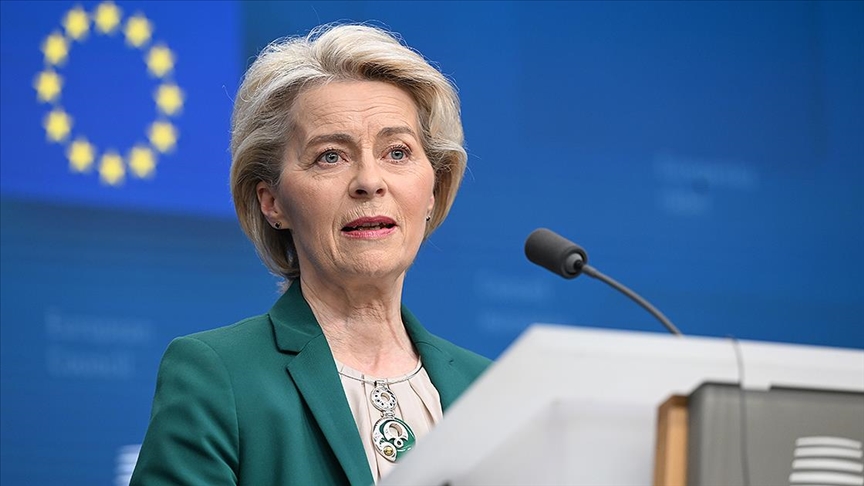
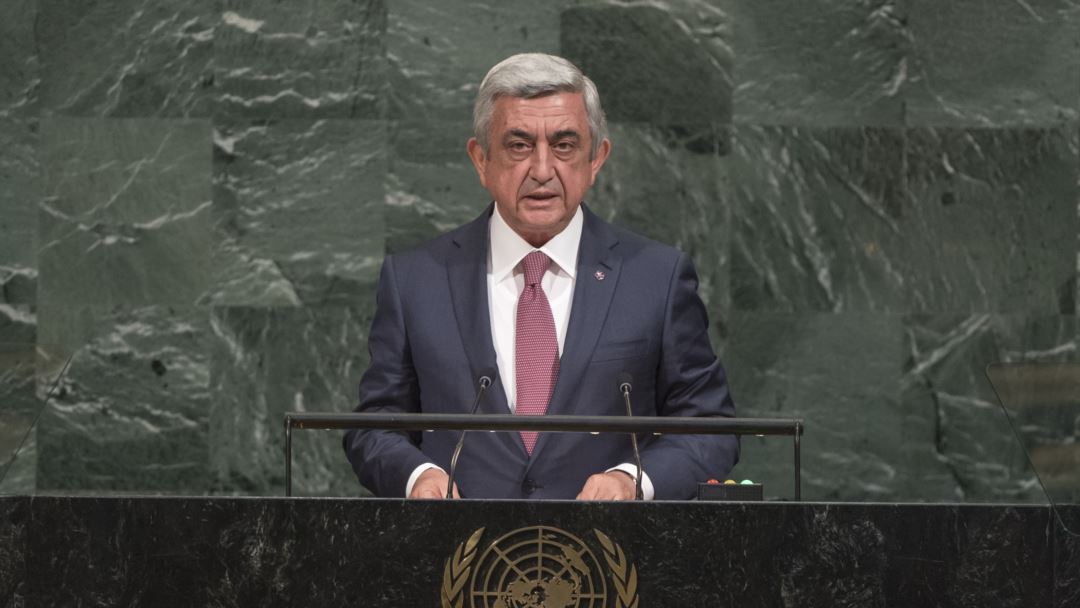 TURKEY IS ALWAYS ON SARKISYAN'S AGENDA
TURKEY IS ALWAYS ON SARKISYAN'S AGENDA
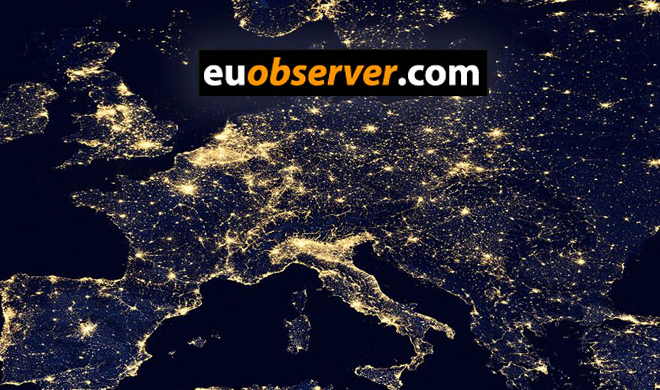 THE PROBLEM OF BIASED INTERNATIONAL NEWS AGENCIES
THE PROBLEM OF BIASED INTERNATIONAL NEWS AGENCIES
 EXAMPLES OF WIKIPEDIA'S FREQUENT DOUBLE STANDARDS: “WESTERN AZERBAIJAN” AND “WESTERN ARMENIA”
EXAMPLES OF WIKIPEDIA'S FREQUENT DOUBLE STANDARDS: “WESTERN AZERBAIJAN” AND “WESTERN ARMENIA”
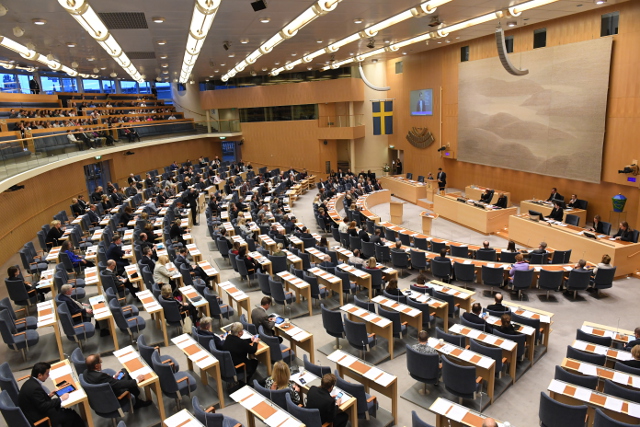 NO PERMISSION TO SO-CALLED GENOCIDE MONUMENT ATTEMPTS IN SWEDEN
NO PERMISSION TO SO-CALLED GENOCIDE MONUMENT ATTEMPTS IN SWEDEN
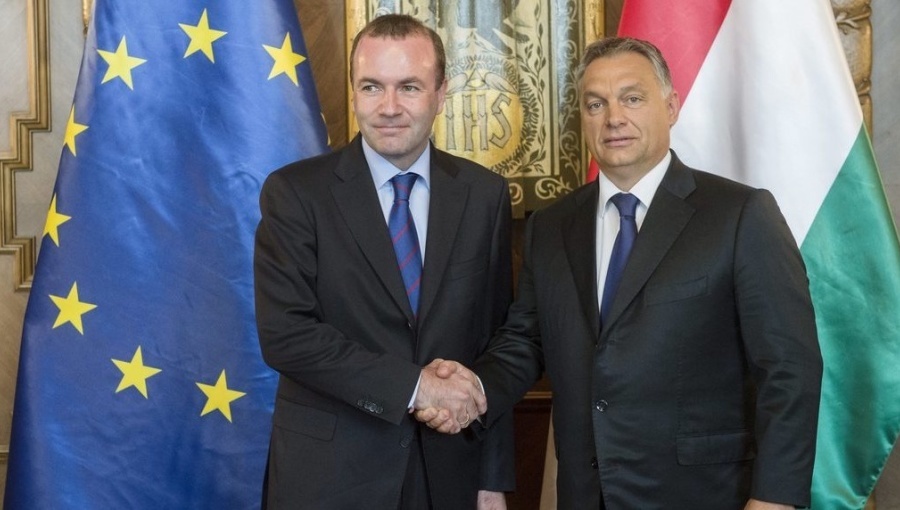 ORBAN AND WEBER CAME TOGETHER IN BUDAPEST
ORBAN AND WEBER CAME TOGETHER IN BUDAPEST
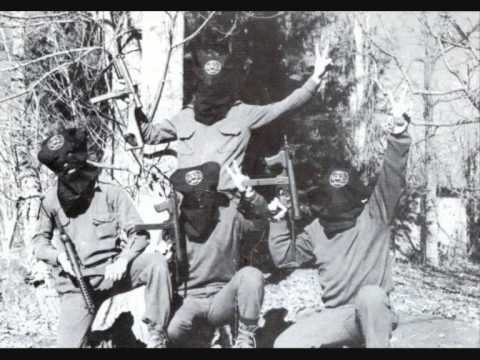 NEW ZEALAND ATTACK AND THE ARMENIAN DIASPORA’S TRIAL WITH TERRORISM
NEW ZEALAND ATTACK AND THE ARMENIAN DIASPORA’S TRIAL WITH TERRORISM
 A CONTROVERSIAL AND EMBARRASSING ACADEMIC APPOINTMENT BY AN AMERICAN UNIVERSITY
A CONTROVERSIAL AND EMBARRASSING ACADEMIC APPOINTMENT BY AN AMERICAN UNIVERSITY
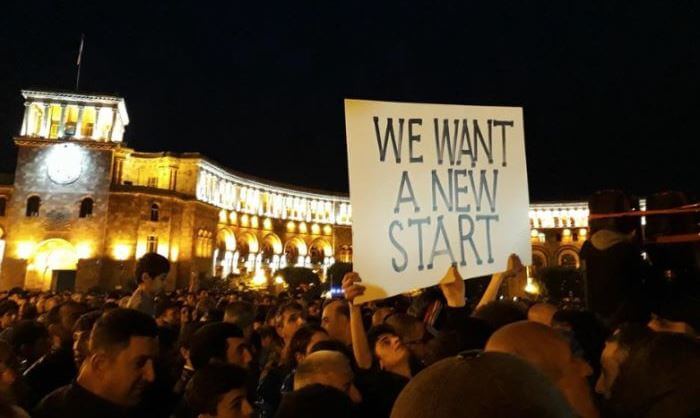 A “REVOLUTION” “CONVENIENT” FOR ALL. NAGORNO KARABAKH CONFLICT CONTINUES TO REMAIN UNSETTLED
A “REVOLUTION” “CONVENIENT” FOR ALL. NAGORNO KARABAKH CONFLICT CONTINUES TO REMAIN UNSETTLED
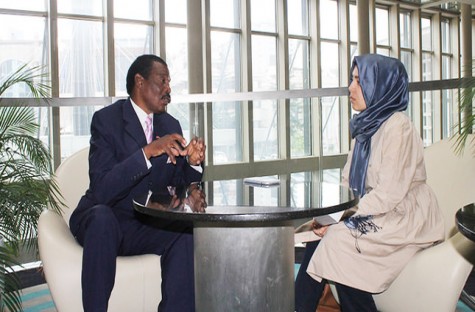 THE POPE AND GERMANY SELECTIVE OF TRAGEDIES, POLITICAL ANALYST SAYS
THE POPE AND GERMANY SELECTIVE OF TRAGEDIES, POLITICAL ANALYST SAYS




























